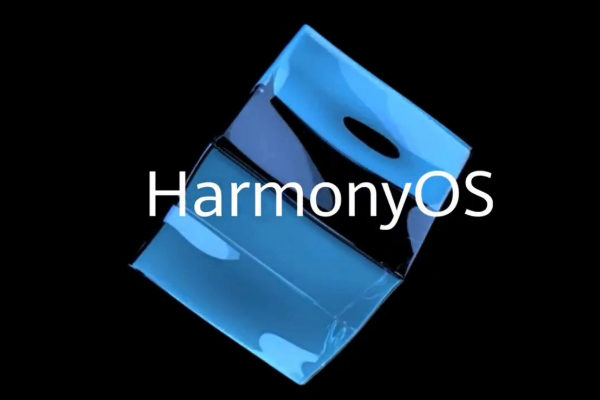- From Obama’s investigation to Google’s veto: this was Huawei’s disgrace
- Huawei will launch its operating system in late summer
- What happens now with Huawei?
- Huawei keeps an operating system 'in the sleeve' in case its tensions with the United States affect Android
Huawei had been advancing months in the development of an alternative operating system to Android after the US veto and this Friday the company has officially presented it under the name of Harmony OS, a modular and open source system that can be used for different smart ecosystem devices.
Leaving behind the temporary development names HongMeng and Ark with which he had been known so far, Harmony OS has been shown during the opening of the annual Huawei developer event, held in China, in which the company has presented its novelties of software'.
The mobile division of Huawei has explained in its official Twitter account that Harmony OS aims to "build a smart ecosystem and experience" emphasizing its adaptation "for all scenarios" and its use not only for mobile, but also for tablets, televisions, 'wearables' and even cars.
The company has explained that, unlike Android, which inherits Linux architecture mechanisms that "hinder a secure user experience," Harmony OS uses a "deterministic latency engine," an alternative system to Linux.
According to the Chinese company, this aspect "means that the latency is minimal, providing a fluid and interactive experience" with several processes of loading in real time, analysis, forecasting and use of applications.
Harmony is an operating system with a modular design based on 'microkernels', which can be flexibly adapted to use on different smart devices. It will be distributed through development kits, as with Android.
Huawei has also developed what is known as a 'reliable execution environment', a custom ecosystem designed to improve connection security between multiple smart devices.
In addition, according to the conference, the CEO of the consumer unit of Huawei, Richard Yu, Harmony will also be an open source operating system, accessible to any developer for free, as is the case with Android.
The Chinese company has developed Harmony in recent months due to the urgency imposed by the inclusion in May of Huawei in the blacklist of companies that prohibited business from doing American companies, including Google, responsible for the Android system present in the phones of Huawei and that it would not have been able to continue using.
Finally, President Donald Trump again allowed Huawei to do business with US companies in July, so that the latest Huawei phones, the Honor 20 range - brand owned by the company - used the Android operating system.
According to the criteria of The Trust Project
Know more- technology
- Huawei
- Android
- U.S
- China
- Protagonists
USA vs. China: Chronology of an increasingly worrying trade war
TELECOMMUNICATIONS Spain sends its 5G risk report to the EU without warnings about Huawei
Politics Trump declares war on Google and accuses him of harming him before presidential elections

